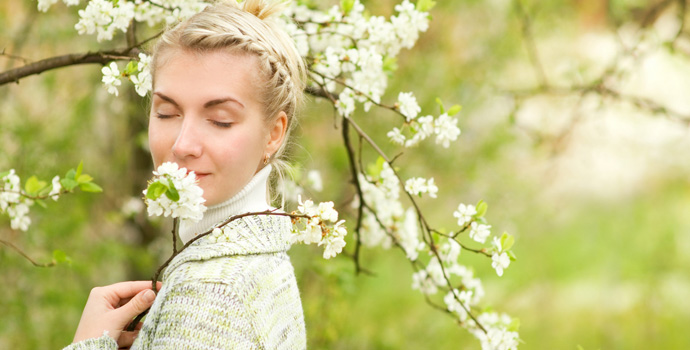These days, food allergies are continuing to increase. This is partly because many people are consuming a lot of processed foods. These foods often contain additives and preservatives. As a result of this, the body will react to foreign ingredients that have been added to the food. Since this is the case, it is worth educating ourselves on the facts about food allergy. Please read on to find out what these facts are.
Fact #1: The Symptoms Of Food Allergy will Vary
These days there are many different types of food allergies. This means that the symptoms of each allergy will vary in severity. One person may have to be rushed to the hospital to receive treatment. Another may only have a small rash around their mouth, or feel a little sick in the stomach.
Be aware that the symptoms of such allergies will change with age. If you have a child with food allergies, know that the allergies will have disappeared by the time they turn three years old. Sensitivity to certain foods will also go away as they get older.
Fact #2: Reactions Will Occur At Different Times
Reactions to the allergies will all occur at different times. Some might appear only a few minutes after you have ingested the food. Others may take a couple of hours. And there will be some reactions which may take several days to appear. A person may have consumed a chocolate bar on Wednesday, but their rash may not appear until Thursday. “Eat now, and pay later” is a well-known phenomenon when it comes to food allergies.
Fact #3: Food Allergies Are Usually Related To Doses
One mouthful of peanut may be OK for one person to consume, but any more than that, or if it is spread onto a piece of toast, then this is sure to result in a reaction. Wheezing is one common response to peanut allergies. Most people will not have any response to a cup of milk every day. However, others may start to feel sick after they have consumed two or three cups of it. You can be sure that if you consume shellfish on a daily basis, a rash will begin to spread to others areas on your body. It might be perfectly fine if you consumed some crap over several hours on a daily basis.
Conclusion
These are just a few facts that are worth being aware of. The best way to avoid getting the allergies, is eating healthy and cook your food. Sometimes the allergy symptoms can be fatal; therefore, you shouldn’t ignore them. To be on the safe side, visit your allergy doctor whenever you see even the most minor symptoms.



